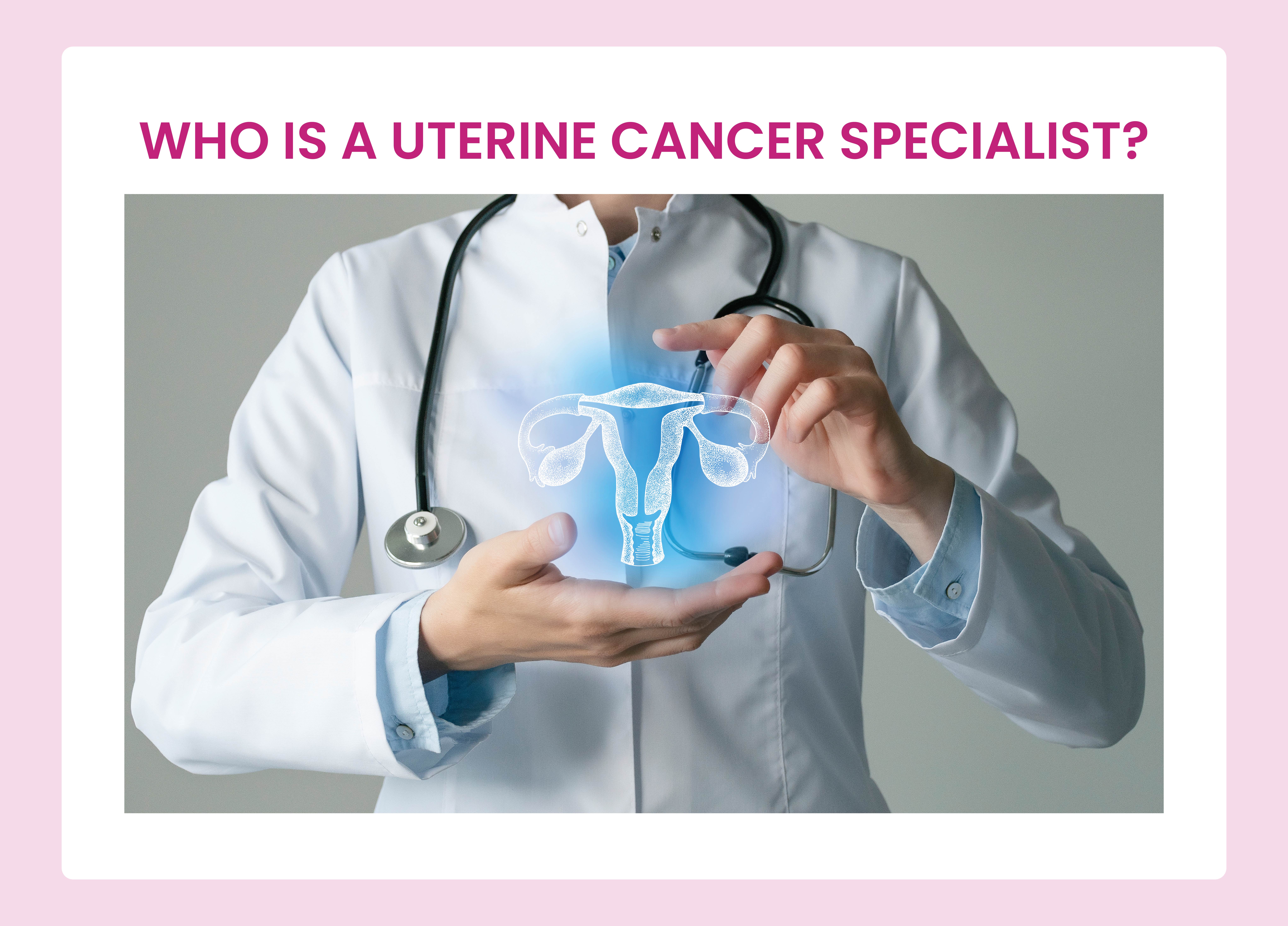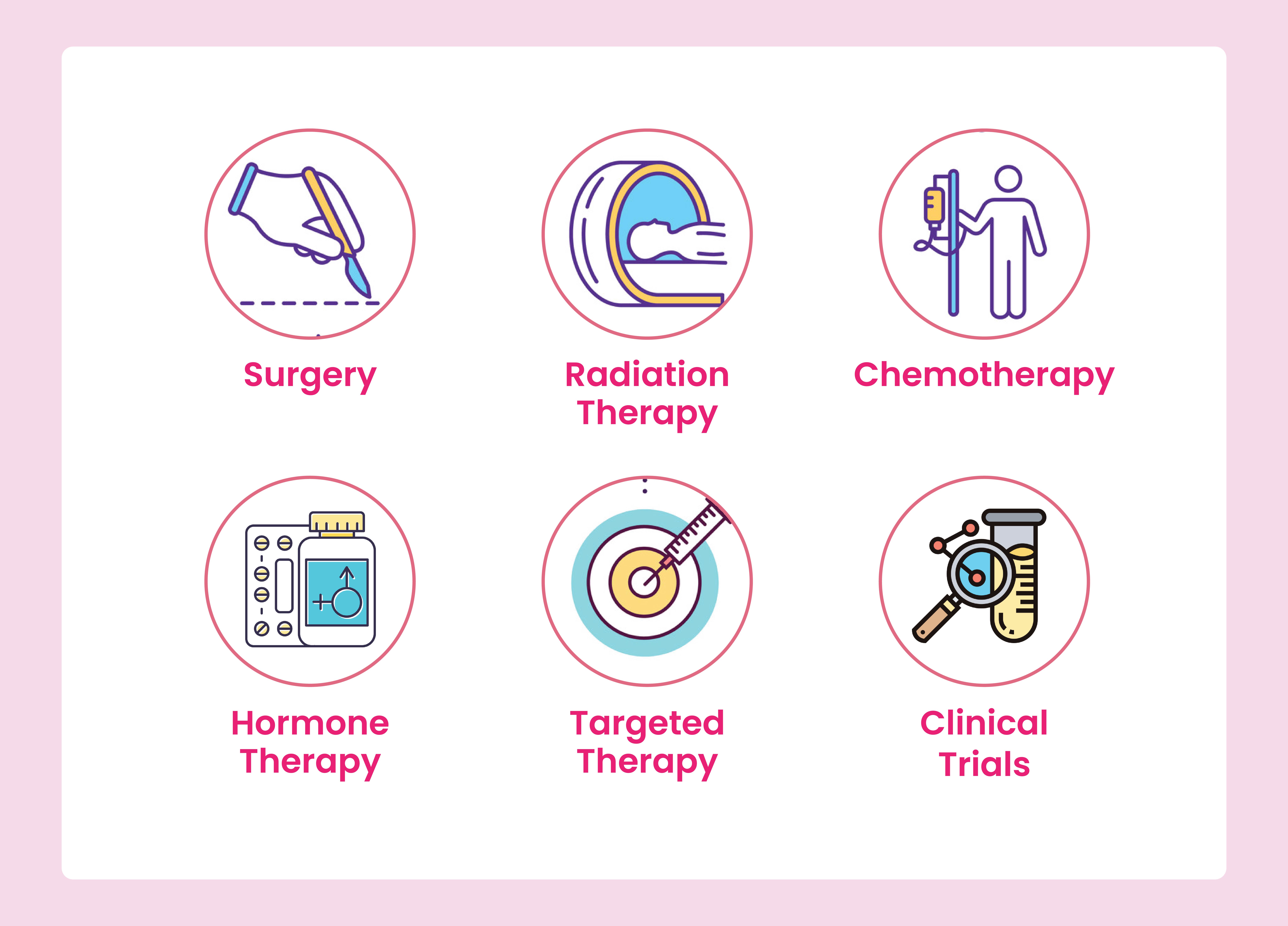An uterine cancer specialist, also known as a gynecologic oncologist, is a doctor who specializes in diagnosing and treating cancers of the female reproductive system, including uterine cancer. They have specialized training in both gynecology and oncology, which allows them to provide comprehensive care tailored to the needs of women with uterine cancer.


When looking for an uterine cancer specialist, also known as a gynecologic oncologist, you should consider the following qualifications:
In Ahmedabad, treatment options for uterine cancer typically depend on factors like the stage of cancer, overall health of the patient, and specific characteristics of the tumor. Here are some common treatment options:


Yes, uterine cancer specialists in Ahmedabad, like Dr. Manasi Shah, often emphasize personalized and patient-centric care. This approach ensures that treatment plans are tailored to each patient's specific needs, considering factors such as the stage of cancer, overall health, and individual preferences. Patient-centric care involves open communication, shared decision-making, and addressing the emotional and practical aspects of treatment alongside medical interventions. Specialists like Dr. Manasi Shah are known for their comprehensive approach, aiming to provide not just treatment but also support throughout the patient's journey with uterine cancer.